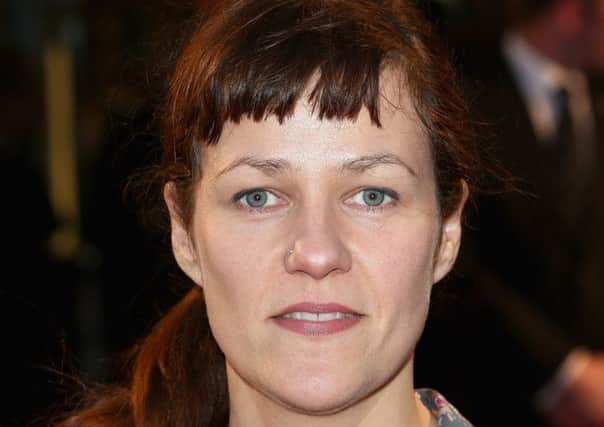Book review: The Walk Home by Rachel Seiffert


War is a favourite subject of hers, but in this latest work she turns to a different kind of battle: the sectarianism of Glasgow, the city which she made her home for a long time.
It presents a more sympathetic view than usual of those working class Protestants who take part in the city’s annual Orange Walk. Stevie is the son of a band-player, Graeme, who hails from Drumchapel. It was while he was with the band in Northern Ireland that he surprised everyone by catching the eye of a pretty but slightly wayward young girl, Lindsey. When he got back to Glasgow, he found out that she was pregnant with his baby.
Advertisement
Hide AdHe comes from a family with a matriarch at the centre, his mother Brenda, but Brenda’s family has been split apart by her brother Eric’s decision, many years previously, to marry a Frances, a Catholic, who later died of cancer. Eric and Brenda’s father, born in the year of the Easter Rising in Ireland, and a friend of families burned out of their homes, refuses to have anything more to do with him. Eric has always been slightly different, though, prone to depression and artistic. He has done well for himself, with a flat in Glasgow’s West End, where Brenda earns money cleaning the larger tenement flats.
Seiffert has a superb ear for language, and she captures both the voices and the aspirations of working class Glaswegians, who aren’t so different from the Polish immigrants the teenage Stevie works alongside in the painting and decorating business. His boss, Jozef, simply wants to earn enough money to have a good life with his wife, but she has given up waiting for him and is back in Poland. Similarly, Stevie’s mother, Lindsey, has given up waiting for Graeme to get them out of Drumchapel: when they are offered a house in Whiteinch, his only remark is that they won’t know anybody there. Eric represents to Lindsey the kind of escape she wants for herself; a husband and growing son aren’t enough.
This is a father and son tale, represented by Eric and his father, as well as Graeme and Stevie, and asks how much the sins of the father should be visited upon the son. But it is also a tale about mothers, about Brenda and Lindsey, and what they want from life, how they are prevented from getting it. Finally, too, it is a tale of the urban working classes; where they draw their strengths from, their history and where they find dignity. It is a surprisingly easy read, eschewing postmodern tricksiness for a traditional narrative, and as a result flows almost a little too readily, making it smooth enough for skimming – a pity, as it is full of intelligence, heart and compassion.